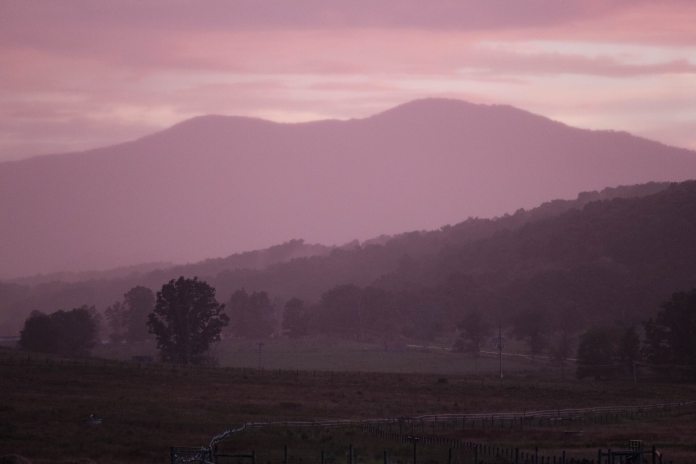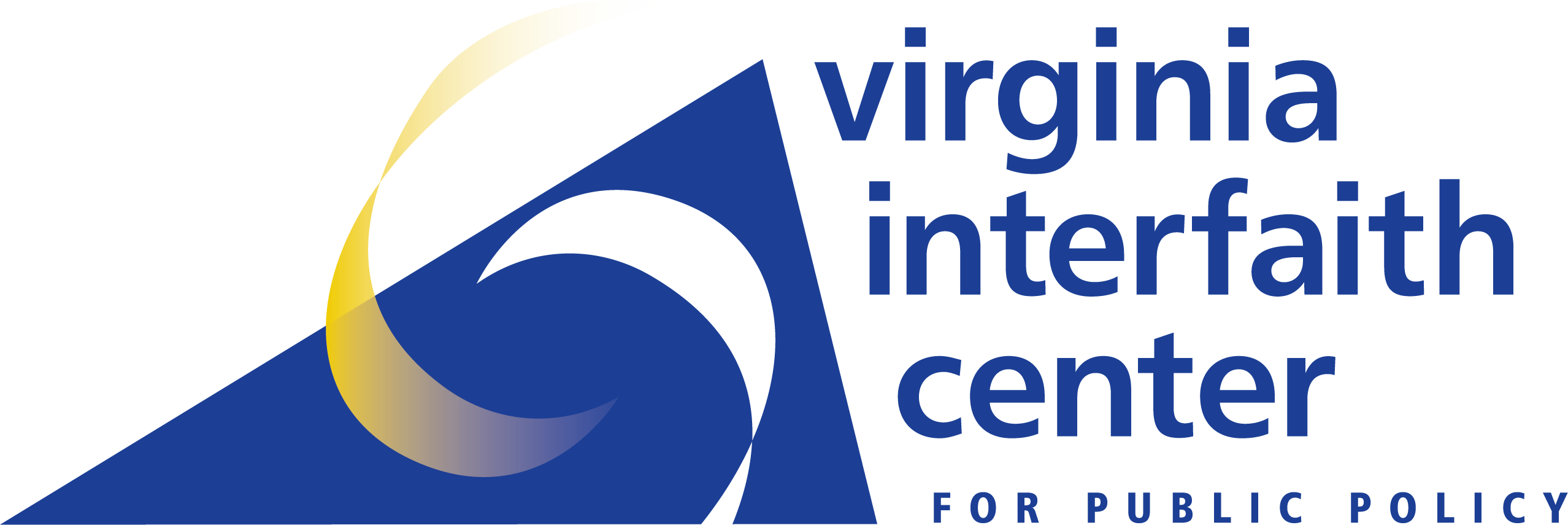
“Our ancestors’ voices are begging us to stand up”
By Beth Roach, Guest Column, The Virginia Mercury, April 22, 2019
Serving as the vice chair of Gov. Ralph Northam’s Advisory Council on Environmental Justice has given me a unique perspective on equity and environmental justice in the face of the Northam scandal. This Earth Month, I have been reflecting on my childhood growing up in Surry County, surrounded by the brackish James River waters. We lived with a decade-long ban on fishing due to contamination from Kepone, a toxic chemical insecticide that polluted our waters.
This experience showed me how negligent human choices can devastate local environments and I saw the disproportionate consequences of environmental burdens on people of color. Since then, I’ve been seeking out people and allies who can hear our ancestors’ voices begging us all to stand up and return to our old ways, our language and our ceremonies, to keep the world healthy and resilient for generations to come.
Right now, toxins poison our soil and seeds, fires and floods destroy communities, the air is too sick to breathe and some of our water is now too dirty to drink, swim in or fish. According to the United Nations Intergovernmental Panel on Climate Change, we only have 11 years to course correct.
Indigenous people living on Turtle Island (the continent of North America) are especially vulnerable to climate disruption. Tribes living along coasts and floodplains are susceptible to sea level rise and increased flooding in areas that are vulnerable to extreme weather events like hurricanes.
Often, their local economies depend on natural resources that are severely impacted by our changing climate.
My heart goes out to the Biloxi-Chitimacha-Choctaw Tribe on the coast of Louisiana who were forced to leave their land and relocate because of sea level rise and erosion. I also grieve for the native village of Shishmaref in Alaska, which is facing severe erosion, forcing residents to relocate. In President Donald Trump’s most recent budget, he cut the federal funds which were supposed to help fund their relocation to the mainland, anticipated to cost around $180 million.
Climate change impacts are being experienced across the nation. Nebraska and South Dakota tribes are severely impacted by recent floods. In just two years, two major hurricanes struck Tuscarora, Lumbee, Coharie, and Waccamaw Sioux tribal communities in North Carolina. They barely had the time and resources to rebuild before the next event hit.
I greatly appreciate the work of Ryan Emanuel, a Lumbee tribal member, whose environmental justice analysis and critique of the Atlantic Coast Pipeline can be applied to most tribal communities. Proper and meaningful recognition, engagement, response and support are needed now more than ever.
We do not need experts to recognize our inalienable rights to defend clean air, water and a stable climate. Each of us has that power. Together with my Nottoway brothers and sisters along with indigenous communities across the U.S., we are overturning centuries of hate and genocide to assert who we are and to protect our families and language.
In South Dakota, Lakota Solar Enterprises is one of the first renewable energy companies owned, operated by and serving Native Americans. This company also provides manufacturing and solar installer job training in one of the fastest growing industries in the nation.
In North Carolina, the Coharie Tribe has cleared 15 miles of the Coharie River, clogged by log jams from major hurricanes that turned the flowing river into a stagnant swamp. They have plans to clear another 30 miles. A free-flowing river helps minimize hurricane flooding as it gives a place for the water to flow.
Here in Virginia, two Monacans, a Nottoway, and two Tuscaroras founded the Alliance of Native Seedkeepers, an indigenous living seed sanctuary using sustainable farming practices that were used by our ancestors. We unite tribes with the vision of keeping our ancestors’ seeds alive and well. It takes simple actions to lead us back to our old ways.
I ask tribes across Turtle Island (America) to plant your ancestor’s seeds. To seek permission of the Earth, pollinators, water, air, sun, moon and stars, to help them grow. Walk by our rivers. Clean up our shores. Pray in our languages. If we don’t do this for our ancestors and our unborn generations and if we don’t keep our seeds, our water, and our words alive, then we will lose the very essence of what makes us indigenous.
I am grateful that Gov. Northam has his veto power to support an aggressive carbon-cutting agenda. This has helped enable Virginia to be the first southern state moving forward limiting carbon pollution from power plants by allowing them to trade with the northeastern states in the Regional Greenhouse Gas Initiative.
Still l have concerns about Gov. Northam’s understanding of how deeply racism is embedded and institutionalized in environmental policy in Virginia and throughout the United States. The environmental justice community, especially residents of Union Hill in Buckingham County, have been trying to educate him on environmental racism for years, with a special focus on the Atlantic Coast Pipeline proposed fracked-gas compressor station.
We are waiting to see if and how the governor will prioritize racial healing, but he could start by promoting and ensuring that environmental justice is considered in all new policies at the earliest stages of decision making.
Doing so would honor the centuries-old ecological wisdom of indigenous communities in the care of creation and it would help address climate change. Northam has a choice, but for me my choice is simple. I will move forward the worldview of my ancestors through their words and their seeds.
Beth Roach is a tribal councilwoman for the Nottoway Indian Tribe of Virginia, a member of the Virginia Interfaith Power & Light steering committee and a community organizer for Mothers Out Front. She formerly served as vice-chair for Gov. Northam’s Advisory Council on Environmental Justice.
